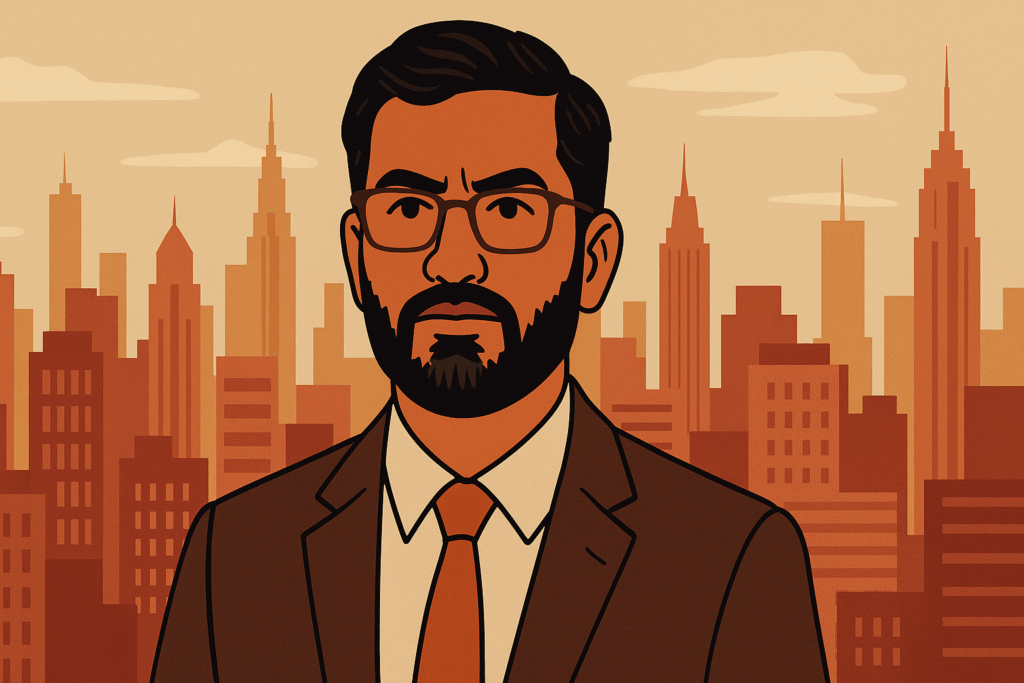Progressive lawmaker and New York City mayoral candidate Zuhran Mamdani has pledged to push forward his entire political agenda if elected—regardless of whether the majority of voters support it. His remarks, made during a televised interview, have stirred intense debate across the city’s political and social landscape.
A Bold Progressive Platform
Mamdani’s platform reflects a sweeping vision for transforming New York into what he calls a “city of fairness and justice.” His key proposals include:
-
Raising taxes on millionaires and billionaires to fund education, housing, and healthcare.
-
Establishing publicly owned grocery stores to combat food deserts and reduce reliance on private chains.
-
Expanding rent freezes and tenant protections to curb soaring housing costs.
-
Free public transportation as a long-term goal to improve accessibility and equity.
He insisted that these policies are necessary to address the city’s widening inequality.
“The job of leadership isn’t to ask what’s popular—it’s to deliver what’s just. My responsibility is to working families, not to poll numbers,” Mamdani declared.
Critics Warn of Overreach
Opponents across the political spectrum quickly criticized Mamdani’s comments as a threat to democratic principles.
-
Moderate Democrats cautioned that governing without majority consent risks deepening polarization.
-
Business leaders warned that higher taxes could push out wealthy residents and investors, undermining the city’s financial base.
-
Republican officials accused Mamdani of promoting “radical socialism” that could cripple New York’s economy.
“This is not leadership—it’s authoritarianism dressed up as progressivism,” one critic said.
Supporters Rally Behind Him
Despite the backlash, Mamdani’s defiance has energized his progressive base. Supporters argue that his vision represents long-overdue change in a city plagued by housing crises, wealth inequality, and lack of access to affordable food.
Grassroots groups have praised his call for public grocery stores, saying they could break the monopoly of large supermarket chains and provide affordable food options in underserved neighborhoods.
What Lies Ahead
With the mayoral race intensifying, Mamdani’s comments have drawn a sharp line between his progressive insurgency and the city’s political establishment. While polls suggest his platform faces steep challenges in gaining majority support, his strategy appears aimed at mobilizing younger voters, tenants, and working-class communities to build a powerful coalition.
Whether his bold gamble pays off will be tested at the ballot box, where New Yorkers will decide if they want a mayor willing to challenge convention—or one more attuned to political consensus.



